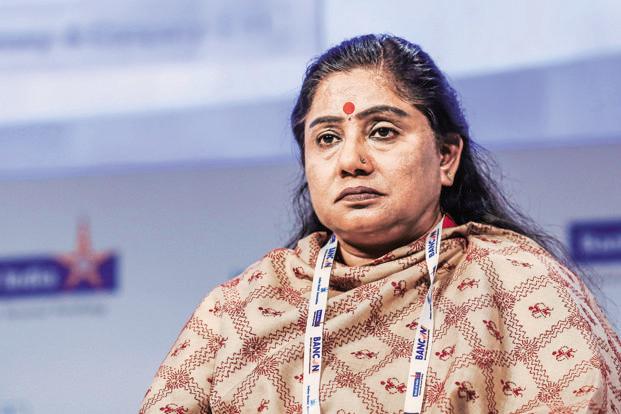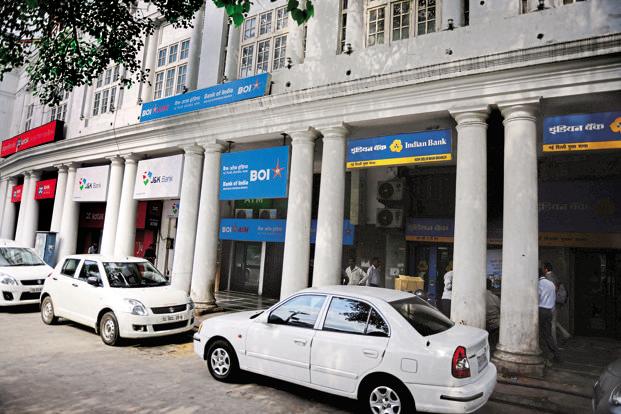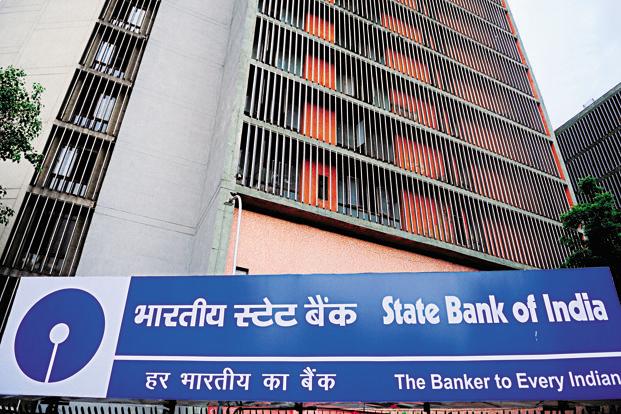Nobody in the banking industry knows the answer—not even the employees of United Bank of India where she was the chairperson and managing director. Archana Bhargava has sought voluntary retirement, citing health reasons.
She joined the Kolkata-based bank in April 2013 and her tenure would have ended in March 2015.
She has mostly been on leave ever since the bank’s board meet on 7 February to take into account the December quarter earnings in which it reported a Rs.1,238 crore loss after it set aside a massive amount of money to take care of its ballooning bad assets. The bank’s gross bad assets touched 10.8% in December, the highest among all Indian banks, and capital adequacy ratio dropped to the bare minimum 9%. As a result of this, the bank is not in a position to give fresh loans.
This is the first instance of a public sector bank chief resigning before the end of his or her term in the past 15 years. In 1998, Bank of India chairman and managing director M.G. Bhide resigned after serious differences with a director on the board. Bhide never went public with the details.
There have been instances, though, when a bank chief’s tenure has been cut short by the government for alleged irregularities. For instance, S.C. Basu of Bank of Maharashtra could not complete his full term in 2006. Ditto N.S. Gujral of Punjab and Sind Bank in Delhi.
A few bankers I spoke to say that Bhargava seemed very keen to tell the world that she was heading a “bad bank”. Their argument is that her predecessor Bhaskar Sen was not a flamboyant banker and definitely under-reported bad assets but that not everything is rotten in United Bank. These bankers claim that at a meeting with the chief vigilance commissioner last year, Bhargava predicted that the bank’s bad assets would grow beyond 10%.
Bhargava was aggressive in cleaning up the balance sheet. In the process, certain borderline cases may have got bracketed with bad assets and added to the pile. If the bankers are to be believed, the audit committee that met ahead of the board meeting this month had strong reservations about classifying certain accounts as bad assets. In fact, it had to meet twice as there were serious differences of opinion on classification of bad assets.
This, however, in no way means that one can gloss over the fact that the bank management in the past had not been forthcoming in classifying bad assets.
This is something which almost every bank chief faces—underreporting of bad assets by the previous management.
United Bank has two executive directors—one looks after credit and the other treasury. Bhargava could not get along with either of them, say the bankers.
Indeed, people who have known Bhargava for several years say her lack of people skills is well-known.
She has had a brilliant academic record. A post graduate gold medallist from Miranda House, University of Delhi, she has been a National Science Talent Scholarship holder. But through her career—in Punjab National Bank where she joined as a management trainee in 1977 and Canara Bank where she joined in April 2011 as an executive director—she was a loner, they say, and lacked the people skills needed to take the team along.
That’s possibly one of the reasons why she had to fight a lone battle in United Bank in unearthing the bank’s bad assets.
But surely, that can’t be the sole reason behind her resignation. There’s more than meets the eye here.



